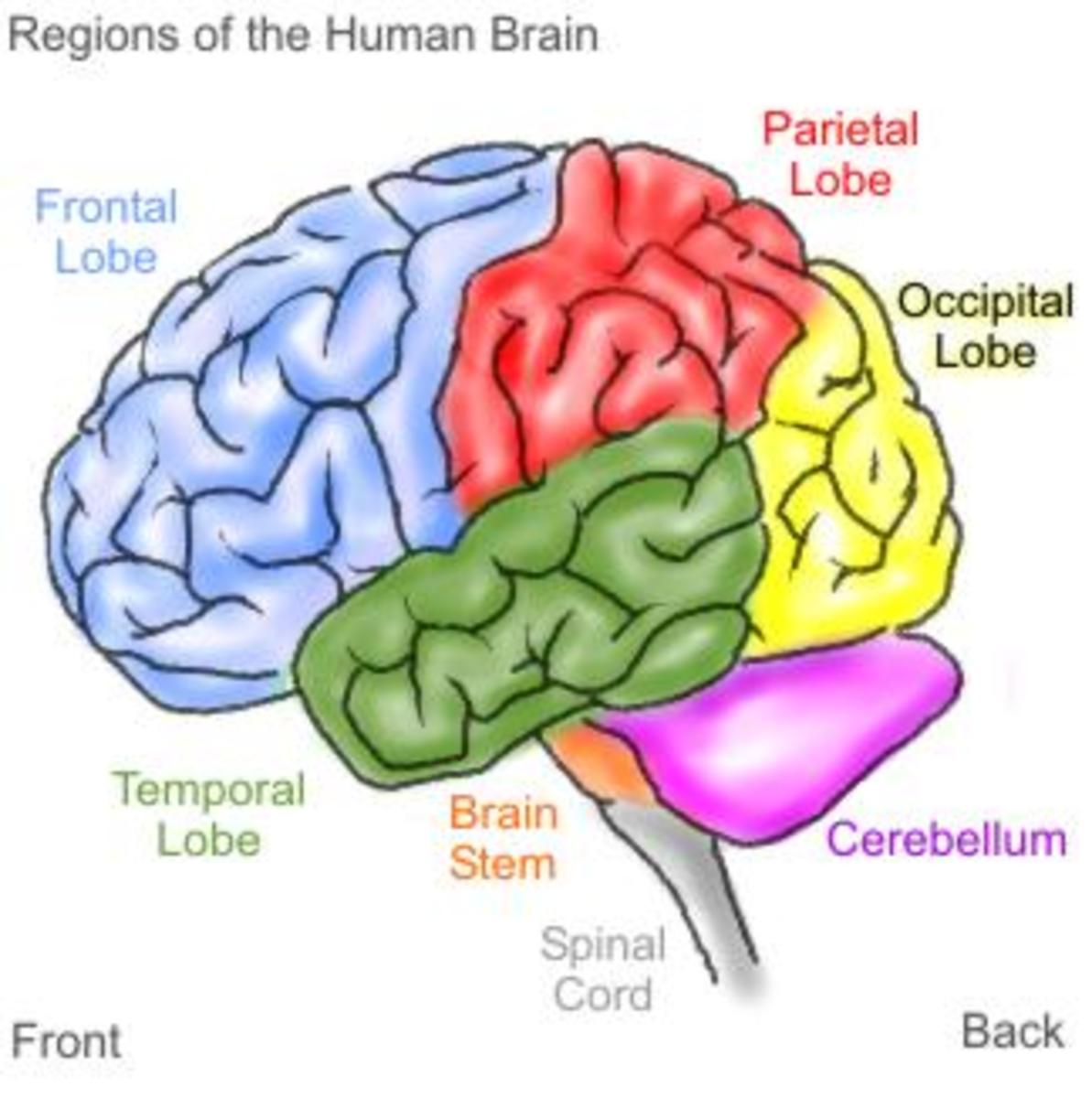Theory in Learning
The things we know today, the knowledge we enjoy and the skills we have attained do not come abruptly to us like a lightning. Instead, it is gradual, inculcated to us through time and thru different ways and methods. This is what educational psychology is all about. It is a wide branch of psychology that tries to uncover the secrets of how people learn and includes theories proposed by names which are already known like John Locke and John Dewey. This topic also involves the differences of capacities to learn of persons and the disabilities that others suffer in connection with learning.

Importance of studying Education Psychology
The study of educational psychology helps in different ways. This is most helpful to teachers who are the ones dealing with a wide array of students. Through this, a teacher is able to determine what type of teaching approach he or she has to apply. Knowing that students differ with regards to speed in learning, analyzing and inculcation, teachers apply what they think would suit their student’s capacity. Since teachers are also the ones who prepare the composition of a course or a curriculum, such formation can take into account the characteristics and needs of the students involved. The following are pitfalls that occur because of setting aside educational psychology especially in the field of teaching:
- Students with different capacity in learning will have difficulties in the classroom
- Curriculums are not based on the student’s needs
- Methods of teaching is not suitable
- Inability of the teacher to understand and help students learn faster
- Target coverage are not often met
Learning Theories
Different views and arguments surround the study of educational psychology. Some arose out of disagreement from earlier theories while others reinforce older theories. There are many theories/ perspectives involved in this study. Significant are the following:
- 1. The Behaviorist Perspective
This theory lies on the “stimulus-response” paradigm. It states that a person actually starts without anything. He is passive and only responds when there is a stimulus coming externally. This means that a person’s behavior can be explained even without going through his mental state. Behaviorism focuses on a person’s behavior, setting aside thoughts and feelings. This originated from the John B. Watson who concluded that men can be studied through what is observable about him and not those which cannot be observed externally. Later on, the name of B.F. Skinner emerged. He tested the theories of Watson and came up with the idea that our behavior is based on the past experiences that we had. Other names associated with behaviorism are Ivan Pavlov, Edward L. Thorndike and Edwin Guthrie.
This theory assumes the following points:
- Feelings, thoughts and mental processes do not dictate the things we do. We behave according to our responses from the stimuli that moves us.
- Man has no soul or mind. We act according to what our brain responds to the stimuli.
- Man has no control of his actions as he only responds to what stimuli is exerted outside or in his environment
- Behavior can be shaped primarily by the use of rewards and punishments.
- 2. The Cognitive Perspective
After behaviorism, the cognitive approach became dominant. This theory contends that to be able to how a person behaves and why he behaves that way may be learned by opening the mind which is considered a “black box”. People are not programmed animals that respond without thinking. A learner is like a computer that can process information. The mental activities of a person are essential in studying how he learns. Knowing, problem solving and thinking play an important role in how a man learns and behaves. Unlike behaviorism, the cognitivist theory views man as active, not passive. His actions are based on how he thinks. The most famous proponent theory under this is the Gestalt Learning Theory which contends that a person’s learning is composed of grasping the structural whole and not just a response to a given stimuli.
- 3. Constructivism
This theory proposes that learning is a constructive process. A person learns according to the information he constructed based on an objective reality. Man is able to relate the past and the new information, constructing whole different information by itself. This means that he does not only acquire knowledge, he also processes it and constructs his own. Man makes hypotheses on his own and tests it thru social negotiation.
- 4. Humanism
The humanist theory in educational psychology posits that learning is an act to fulfill one’s potential. A person has a potential which he fulfills through learning using experience while also valuing freedom and dignity. To study how a person behaves, one has to look at him wholly not only in one time but as he grows and develops.
- The Humanistic Theory of Learning
The proponent of this theory is Abraham Maslow. He emphasizes the role of experience, choice, values and other human qualities in a person’s learning. He is known too for proposing the hierarchy of needs that humans try to fulfill according to their level, physiological and survival needs as being the lowest while self-esteem, love and self-actualization taking the higher spots. According to him, learning comes from the yearning of a person to actualize and fulfill his needs and goals.
- 5. Social Learning Perspective
This theory basically argues that learning is a group process. It asserts that it is a collaborative effort and cannot be done by a single person alone. Association with others is necessary. It also stresses the importance and role of teaching methods and models- that classroom activities must be applicable to the real world. Proponents of this theory include Lev Vygotsky, Albert Bandura and John Seely Brown.
The theories discussed above are not only helpful for teachers. They are also significant for us to understand how we come about acquiring the knowledge we already have today. It tells us how complex humans are and how educational psychology takes a crucial part in explaining our behavior and even our existence.
Rate this Hub!
© 2013 LG








